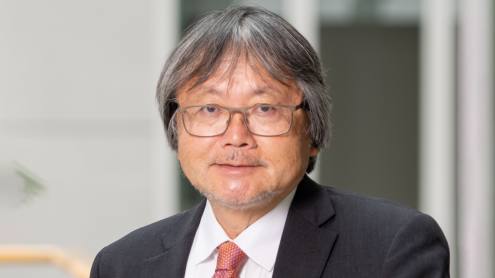Making his first appearance at a major international event, Brazil’s new president, Jair Bolsonaro, was talking trade. At the World Economic Forum in Davos, he indicated that opening up the country's economy is a priority. Brazil’s import tariffs average 14% against an emerging market average of 6%. He echoed the remarks from his finance minister, Paulo Guedes, who is in charge of a super-portfolio that includes foreign trade. Some, however, might be excused for taking Brazil’s trade talk with more than a pinch of salt.
Opening up Brazil would mean creating a level playing field for other countries – any other country – to enter the market. But Mr Bolsonaro has often described Brazil’s most important trade partner and investor, China, as wanting to “buy Brazil” rather than buying in Brazil. He has also expressed his admiration for US president Donald Trump and his preference for dealing with Washington over Beijing. Others in Mr Bolsonaro’s administration would prefer a less international Brazil, such as foreign minister Ernesto Araujo, who opposes globalism and sees climate change as part of a plot by “cultural Marxists” to harm Western economies and support China.
As Alexandre Chaia, professor of finance at São Paulo business school Insper, notes: “Mr Bolsonaro’s initial vision was: Let’s do business away from any ideology. But the first moves from the group that surrounds him have expressed a more nationalist ideology, a vision that is more similar to Mr Trump’s than to a country that wants to trade with everybody.”
Yet more trade, and with anybody, is exactly what Brazil needs, and not just because being caught in the crossfire from any US-China trade war would do nothing for its ailing economy, still reeling from recession. The experience of a number of major emerging markets that have gone through a process of tariff reduction, including Brazil itself in the early 1990s, points to better long-term economic prospects.
Before the presidential elections last October, Mr Guedes convinced foreign investors about his seriousness (and ideology-free authority within a future government) in delivering the controversial and much-needed pension reform the markets wanted. Committing to a trade agenda in public speeches or private conversations, convincingly, would be useful. But now that they have taken office, the only way to remove doubts over the plausibility of a more open Brazil is for the president and his administration to back up talk with action, and soon.











